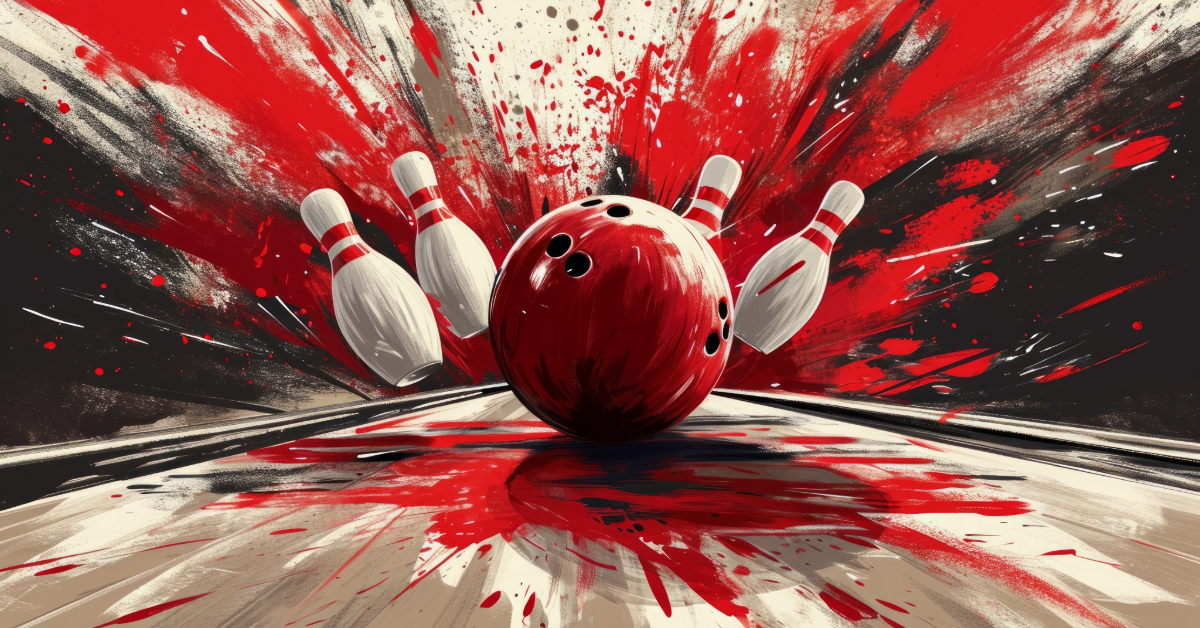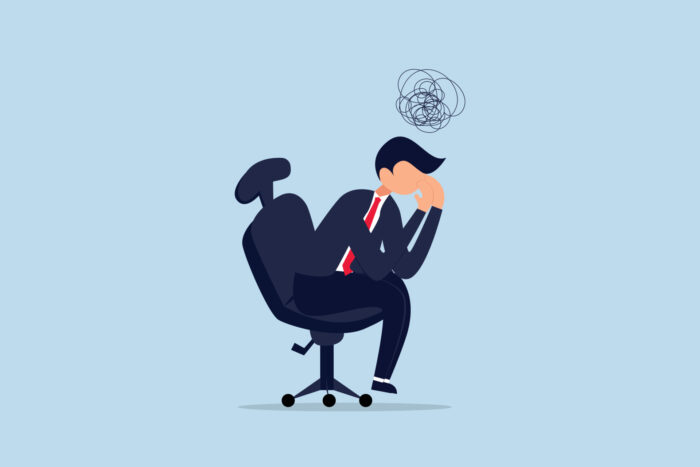A few weeks ago, I met a really insightful story.
A young entrepreneur was complaining. He had started a family business with his father, later grew it on his own, and now it had outgrown him. He had to do everything, working from morning until night. The people he hired didn’t take it as seriously as he did, and he had to solve everything himself. He was completely worn out. He felt like he had to push every aspect of the company forward by himself.
I wasn’t sure how open he’d be to a bit of organizational development advice, but I briefly summarized Adizes’ theory on life cycles and dropped the key point that you simply can’t keep doing things the same way once you reach a certain point—you have to start doing things differently. There was silence on the other end of the line, and then he said that he felt exactly that way. He had to go, but he promised that we’d discuss it in more detail next week. I would have been surprised if he actually reached out afterward. I checked in with him to see how things were going, if the situation had improved, but after a while, I let it go. In the situation he described, people usually struggle until they can’t anymore, then either settle into stagnation at a lower level or start making changes, building systems—but it seemed like it wasn’t time for that yet.
Then, the next chapter of the story reached me, which is brilliant because it shows how he managed to make changes without really changing anything, how he tried to expand his influence without having to do anything more effectively, but how he ultimately made things worse.
He hired Sanyi. Sanyi is the boss’s friend, and no one knows his last name because he forgot to introduce himself to his colleagues. Sanyi was supposed to manage a team of women who work part-time for a large company as subcontractors, and they’re intelligent enough that when Sanyi started by yelling at them, saying they were doing a lousy job and that there were many complaints about them, they pushed back. They told him that they’re regularly meeting with the client, and receiving positive feedback—so could he explain exactly what he was talking about? Sanyi is the kind of person who doesn’t say hello, makes snide remarks, tries to intimidate people, ignores the client’s requests and their "nonsensical" rules. But Sanyi is still the boss’s friend, even though the boss doesn’t operate that way at all.
This situation raises several interesting points:
- If I trust someone as my friend, how sure can I be that they’ll operate according to my values when they become my subordinate, especially given that they’re explicitly my friend, which they can hide behind?
- Will I even find out if their behavior is damaging my business interests? Will I pay as much attention to them as I do to other colleagues, and will I notice if any negative feedback comes back about them?
- How will the relationship between Sanyi and the team develop? Will the women feel strongly enough that they don’t deserve such treatment and report it to the boss, or will they just drift away? Or will the obvious verbal aggression overpower the otherwise much smarter but female workforce?
- How will the friendship and collaboration be affected if Sanyi’s involvement leads to the team essentially dissolving itself and the company losing the big contract?
This case is interesting on both levels of leadership, from group dynamics to individual reactions, and it also shows how much damage a poorly chosen change can cause in a short time. I think this is why it’s so important to have at least one experienced professional mentor around us with whom we can discuss our decisions, someone with enough experience and authority to tell us if we’re doing something stupid. Otherwise, Sanyi might come along and troll the business into the ground.





